It was easy to criticise Westminster for caving into Extinction Rebellion’s demands for a ‘citizen’s assembly’ on climate change when it agreed to convene just such a body at the end of last year. By appeasing the group’s law-breaking, so the argument went, parliament was emboldening XR and other direct action groups to block streets, spraypaint buildings, smash windows and so on.
But the exercise, which has just concluded in a handful of recommendations to government, has served one purpose: it has proved that the public’s views on climate change and what to do about it are nowhere near that of Extinction Rebellion.
That seems to have come as a shock to the group, which, after making a citizen’s assembly one of its central demands, has now condemned what it sees as the assembly’s timidity.
Last week, after meeting over six weekends, listening to climate scientists, energy specialists and the like, the assembly published its report.
Unsurprisingly, given that it was made up of a random sample of 108 members of the public rather than a bunch straggle-haired XR activists, its proposals were moderate and in the main fairly sensible. A remarkable number of its proposals are already government policy. For example, it recommended a ban on the sale of new petrol and diesel cars by between 2030 and 2035, and it wants financial incentives for people to switch to cleaner vehicles. The latter date is already policy, and the government has already been subsidising the purchase of new electric vehicles for years. What the assembly also demanded – and the government has not obviously addressed – is that the switch must be done in such a way that travel is ‘accessible and affordable to all sections of society’. Grant Shapps, who seems to think everyone can afford a Tesla like his, should take note.
The assembly also proposed a principle that the ‘polluter pays’ (which has been written into UK environmental policy for over two decades). It wants cheaper public transport and more cycling facilities. It wants to ensure that if homes are to be retrofitted with better insulation then disruption needs to be kept to a minimum. It suggests a ban on new gas boilers by 2030 or 2035 (again, already government policy), it wants woodlands, peatlands and grasslands restored (so does the government). It wants deposit return schemes to encourage recycling (which the government has investigated but so far has failed to deliver) and it wants foods labelled to show the carbon emissions that have gone into their manufacture (OK for large businesses, but would be prohibitively expensive for your local butcher or baker).
The assembly strongly rejected a rise in income tax to discourage consumption. It also threw out the idea of restricting working hours, setting personal carbon allowances and ‘pay as you throw’ schemes which would charge us for collecting waste. The main two areas where the assembly appeared to disagree with government policy were that it suggested a frequent flyer tax (personally, I could quite easily live with an Emma Thompson tax, especially as airline fuel in untaxed) and it was cool on the idea of burning wood in power stations – a policy that has seen government handing out huge subsidies over the past decade.
But overall, the assembly’s proposals are far, far closer to government policy than they are to Extinction Rebellion – something which, unsurprisingly, has somewhat irked the group. It has put out a statement claiming that the members of the citizens’ assembly were denied the opportunity to express their real views:
Parliament denied independent experts presenting to the assemblies participants the opportunity to critique whether 2050 is an appropriate net-zero date. Extinction Rebellion believes that this wilful negligence undermined citizens’ ability to determine the country’s ambition.
Assembly members were given no control over the scale and scope of the assembly meaning they were not able to question the framing of the government net-zero target or to request more time – the assembly took place over six weekends.
This is simply not true. The assembly did discuss, and indeed vote on, the possibility of an earlier target for trying to achieve net-zero carbon emissions. But it rejected it for the same reason that the Committee of Climate Change did: it would cause too much harm to the economy – thereby hurting the poor – to try to achieve zero emissions before the technology is available.
In the world of extreme greenery, there is a conceit that somehow Extinction Rebellion represents the real opinions of the people – a view expressed in the Guardian today by George Monbiot.
The report by the citizen’s assembly proves otherwise. When the public is put together to thrash out their climate change policies they come to more or less the same conclusions as our democratically-elected government. What a surprise that the people should turn out to have views closer to the government that they have elected rather than to a bunch of eco-Marxist rebels.
Got something to add? Join the discussion and comment below.
Get 10 issues for just $10
Subscribe to The Spectator Australia today for the next 10 magazine issues, plus full online access, for just $10.


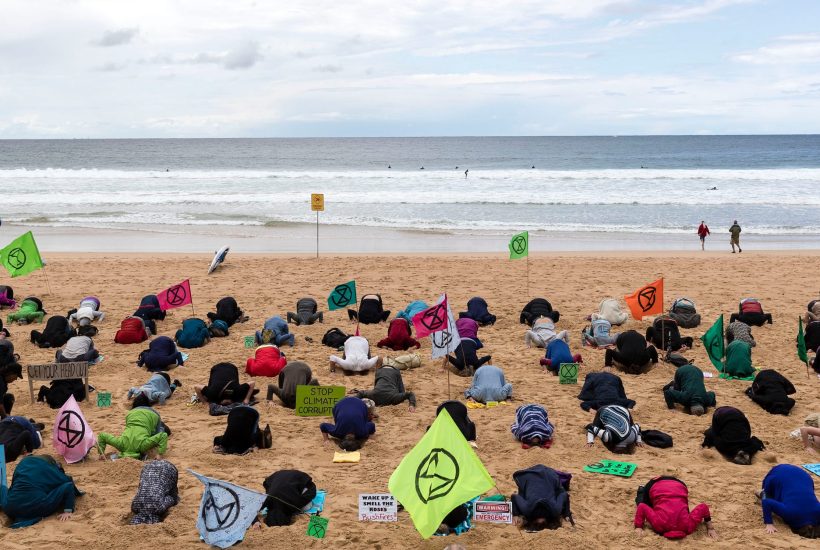

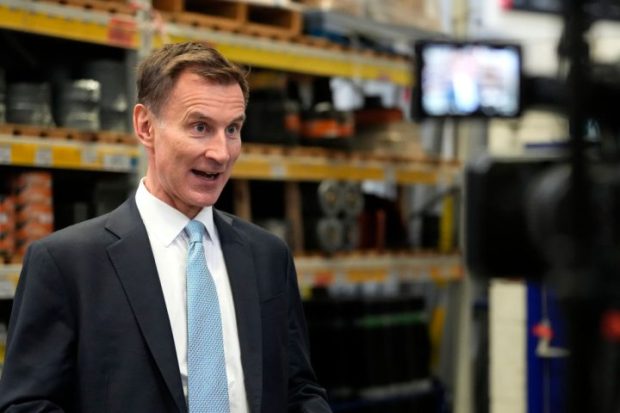

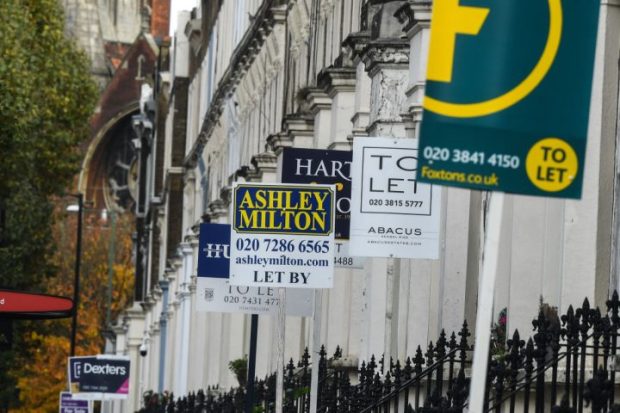
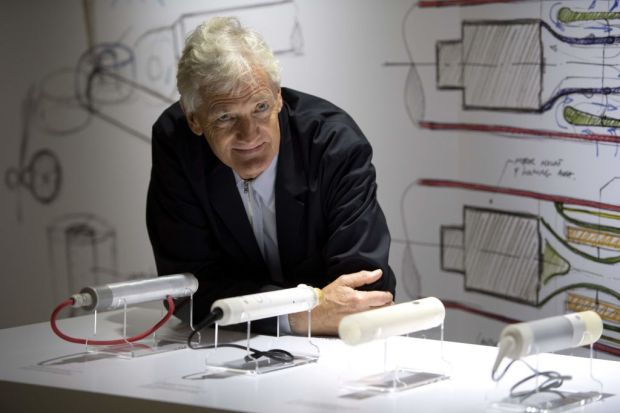
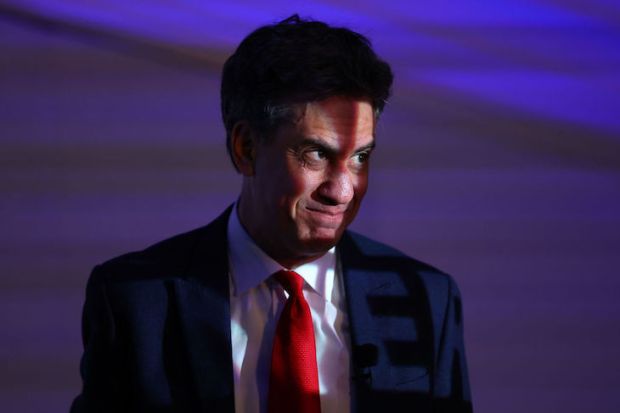












Comments
Don't miss out
Join the conversation with other Spectator Australia readers. Subscribe to leave a comment.
SUBSCRIBEAlready a subscriber? Log in